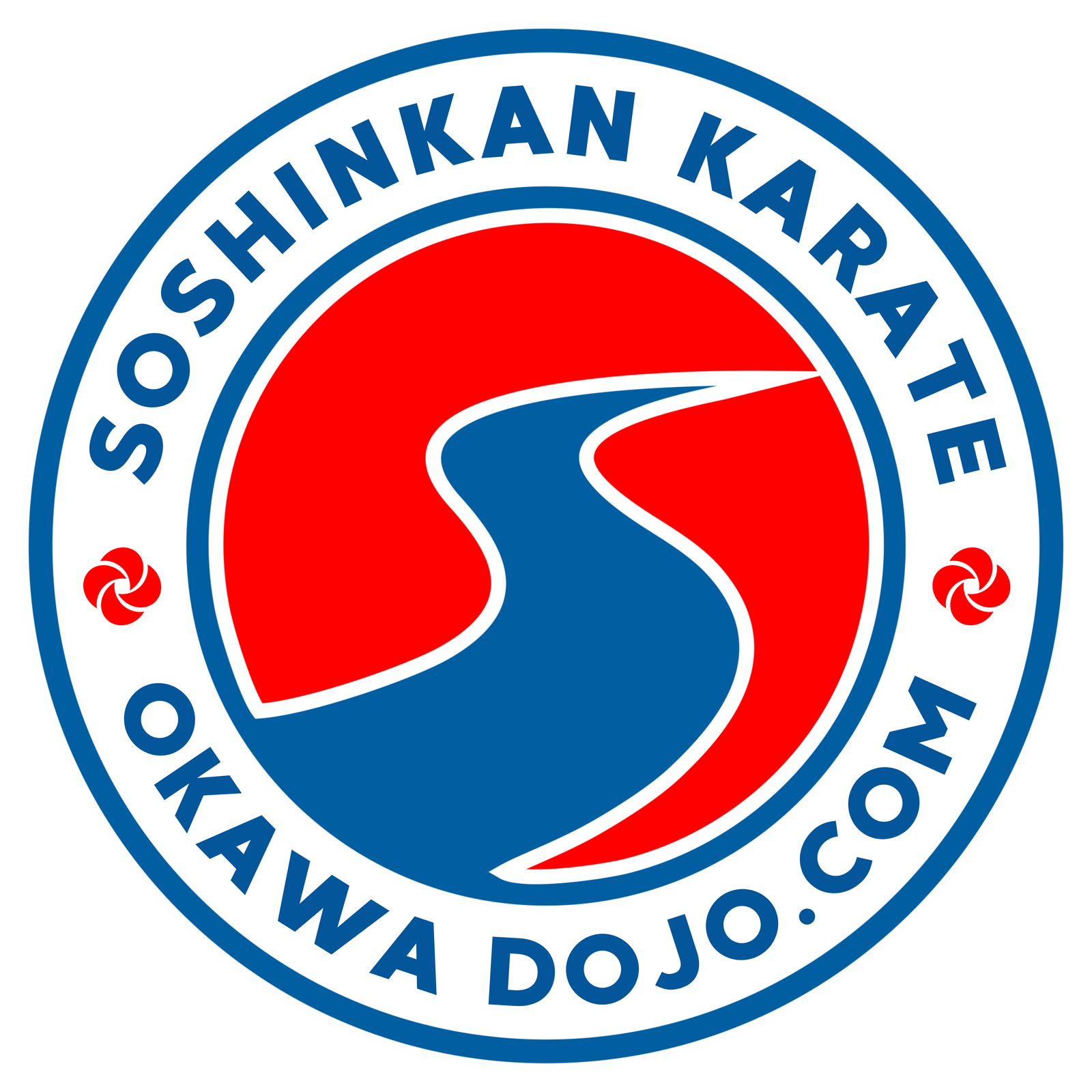The Legacy of Okawa Dojo and its Philosophy
The Okawa Dojo, established by Andrew Rekunow Hanshi, has a profound legacy rooted in the principles of full contact karate. Since its inception, the dojo has championed the philosophy that martial arts is not merely about physical prowess; rather, it serves as a vehicle for personal growth and self-discipline. Full contact karate in this context becomes more than a sport; it is a transformative journey that encourages practitioners to confront their limitations, fostering an environment where respect and humility form the bedrock of training.
At the core of the Okawa Dojo’s philosophy is the Soshinkan approach, which emphasizes the importance of a respectful relationship between instructors and students. This nurturing environment allows students to develop their skills while cultivating a sense of community. Each session is meticulously structured to balance rigorous physical training with mental resilience. This duality in training helps practitioners develop not just in terms of technique, but also in psychological fortitude, which is essential for personal development.
Many practitioners recount their experiences within the dojo, highlighting how the principles instilled by Rekunow Hanshi have profoundly impacted their lives, both on and off the mat. Stories of camaraderie and mutual respect among members embody the dojo’s core values of humility and perseverance. As veterans of the Okawa Dojo share their journeys, it becomes evident that the lessons learned extend beyond martial arts, shaping character, promoting lifelong learning, and encouraging active contributions to society.
The legacy of the Okawa Dojo serves as a testament to the enduring power of martial arts as a holistic approach to self-improvement. The influence of Andrew Rekunow Hanshi’s teachings continues to resonate, inspiring countless individuals to embrace the ethos of full contact karate in their own lives.
Training Regimens and Techniques at Okawa Dojo
The Okawa Dojo, under the guidance of Andrew Rekunow Hanshi, implements a comprehensive training regimen that emphasizes both the physical and mental components of full contact karate Soshinkan. The dojo’s approach is structured around a series of progressive drills and techniques designed to enhance the student’s ability to perform under competitive conditions. Fundamental to this methodology are dedicated sparring sessions, which allow practitioners to apply learned techniques in real-time encounters. These sessions are meticulously supervised to ensure safety while fostering an environment conducive to learning and improvement.
Among the varied training drills, the dojo places significant importance on conditioning exercises. These are tailored to develop strength, speed, and agility. Participants routinely engage in routines that utilize both bodyweight movements and resistance training to enhance their overall physical capabilities. Such conditioning not only prepares students for the intense demands of full contact sparring but also plays a crucial role in injury prevention.
Mental fortitude is another key pillar of training at Okawa Dojo. Beyond perfecting physical techniques, students undergo mental conditioning through visualization practices and focus exercises. These are designed to cultivate resilience, enabling practitioners to maintain composure during the pressures of competition. This dual emphasis on mental and physical skill represents a holistic approach to martial arts training.
Kata, or forms, occupies a significant place within the training curriculum as well. While these traditional movements may appear disconnected from the realities of combat, they serve a vital purpose in honing techniques and ingraining muscle memory. The integration of kata not only preserves the historical significance of the art but also complements the modern sparring techniques taught at the dojo. By intertwining these practices, Okawa Dojo effectively prepares its students for both the discipline of tradition and the challenges of contemporary martial arts competition.
